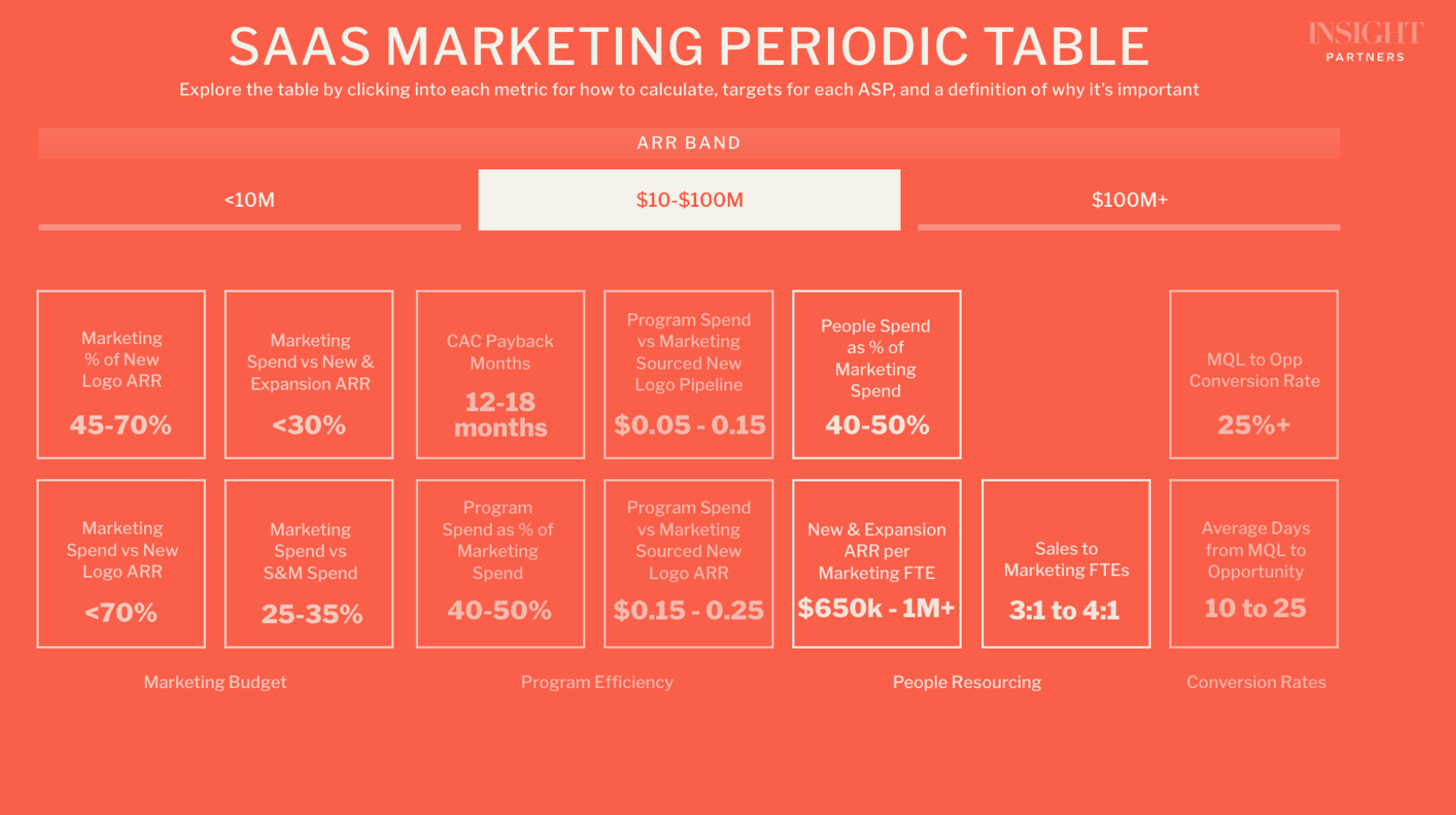Executive search trends founders should know about

This article was originally published by Will Reed and does not necessarily reflect the perspective of Insight Partners. Insight Partners is an investor in Will Reed.
Hiring executives is both exciting and anxiety-inducing for many startup founders. Over the past two years in particular, Founder expectations have changed; executive candidate expectations have changed.
Just like many aspects of the business landscape and workforce are shifting in recent years, the hiring space is changing, and fast. Today, there are many new and exciting trends that are emerging, especially in the executive search space. That’s because there are many factors that are influencing the executive search landscape, including shifts in what startups are looking for in their new executives, as well as changes in what potential executive hires want from their new employer.
Executive search trends refers to changes in the executive search and hiring space, and these trends are crucial to staying ahead. Because let’s face it: nowadays, when startups and other full-throttle new businesses are looking to staff their dream team of executives, there are a lot of new best practices and exciting trends to keep in mind. From cultural aspects of hiring to which aspects of employment actually matter to candidates, here are the emerging trends we’re watching that are impacting the executive search and hiring space.
Culture first hiring
Today, the state of the job market is increasingly dynamic and unpredictable, and there have been many shifts in the things that matter most to employers and employees. In one survey, 84% of respondents said they were looking to or open to a new job this year. But with so many employees eyeing greener pastures, what are they actually looking for in new roles? One of the most common executive search trends is an interest in culture first hiring. This aspect of culture first is being prioritized by both employees and employers, and it refers to hiring candidates who are completely culturally aligned with a company.
Cultural alignment is an emerging trend because of the crucial role it plays in the success of an executive placement. This cultural fit impacts everything from decision-making to daily work practices, and candidates who are in alignment with a startup’s culture don’t only “follow the rules,” but instead, gainfully contribute to the culture.
Need for increased flexibility
Let’s just address the elephant in the room: on the heels of the coronavirus pandemic, there are many new work trends that are here to stay. One of them is the need for increased flexibility, particularly when it comes to executive candidates. This phenomenon is not only relevant in executive search trends; studies show that when offered the chance to work flexibly, almost everyone takes it. But it appears that workplace flexibility isn’t just considered “nice to have,” and increasingly, employees across the board are demanding it. Flexibility has been cited as a key reason employees are taking jobs, while a lack of flexibility is a documented problem for prospective employees. Especially when it comes to executive search trends, candidates are looking more and more for jobs that offer them flexibility in the ways they work.
Candidate scorecards
Candidate scorecards are an excellent tool that is growing in popularity when it comes to executive search trends. That’s because candidate scorecards work both ways, and are used by both employers and candidates themselves. When it comes to the hiring team, each person will use a candidate scorecard to rank how candidates match in specific areas. These areas include the candidate’s cultural fit, as well as hard and technical skills. Completing these scorecards allows the employer to clearly see which candidates are considered frontrunners based on consistent criteria through numeric scoring. When it comes to candidates, they can also use a similar scorecard system to identify if employers are a good fit for them and to outline what exactly they’re expecting from employers.
In the executive search space, employers and their top-tier candidates can use scorecards to ensure that they’re both an excellent fit for one another.
DE&I at the forefront
Diversity and inclusion, or D&I, is no longer something that’s optional, and these words are also not simply buzzwords that are thrown into the company’s mission statement. Instead, executive search trends reveal that D&I is at the forefront of the minds of both employers and potential executive employees. Research reveals that by the year 2025, the workforce will be 75% millennials, and this age group reports that D&I is a main factor that influences if they want to work at a company or not. Plus, don’t forget that studies show that diverse companies report higher revenues and that they’re more likely to outperform their competitors.
Social recruiting
Social recruiting is rising in popularity, and it makes sense as to why. This practice refers to recruiting or hiring candidates using social media tools, and considering the fact that billions of people around the world use social media, it’s no wonder it can be a helpful resource for hiring. Social recruiting can be a great place to identify and connect with potential candidates for various reasons. First, social recruiting is emerging as an executive search trend because startups and employers can quickly identify candidates with matching skills and experience (using social platforms like LinkedIn), and can use recruiter social media accounts to quickly connect and gauge interest. Companies can also identify and nurture leads, and chat with candidates in a relaxed setting, before the formal interview process begins.
Working with executive recruiters
Many factors are leading to a rise in the number of startups and businesses that work with executive recruiters to make their most critical hires. First of all, three-quarters of companies say that they’re experiencing trouble hiring in the first place, while many workers are quitting their current roles. What this means is that finding top talent can be challenging, and when someone is the wrong fit, it can lead to high turnover rates. It’s also important to note that many executive candidates are passive, and that the best way to reach them is by way of executive recruiters. In general, a majority of potential job candidates today say they are passive, but that they are open to new opportunities. Reaching these tough-to-find candidates is far easier when companies partner with executive recruiters as part of their executive hiring strategy, because these experts specialize in sourcing qualified executive candidates.
Ultimately, when startups partner with executive recruiters, they are able to access hard-to-reach candidates, who are a perfect match for the role and the company.
Upfront salary and benefits
Gone are the days when the subject of salary and benefits was taboo, and left for later rounds of the interview process. Today, one of the most common executive search trends is transparency around compensation from the get-go. Candidates today don’t want to be caught off-guard by their salary and benefits offer, and it can be disheartening for a company when a potential hire is derailed due to mismatched salary and compensation needs. Typically, startups and new businesses are including salary and benefits information up front, whether it’s mentioned on the job posting, or an executive recruiter is sharing those details in the beginning of the recruitment process.
Upskilling
Upskilling has become more and more necessary across the board in the workforce, for several reasons. First of all, there are millions of vacant positions in the US that remain open partly due to the fact that there are not enough skilled employees to fill them. But beyond growing skills gaps and training to simply filling seats, many workers want opportunities to upskill. In fact, nearly half of workers surveyed in one report said they would switch to a new job if the offer includes upskilling opportunities. Plus, as technological trends continue to push automation and change the way jobs are performed, most workers express some kind of fear over the way technology will impact their jobs, and in the desire to learn new skills or completely retrain.
At the executive level, this need to upskill isn’t so prevalent up front, as candidates will typically come to the role with the necessary skills and experience. But more and more executive candidates are showing interest in having the opportunity to upskill on the job, and in having employers who prioritize their career growth and job stability.
Refocus on soft skills
Soft skills might have fallen out of fashion in years past for executive hires, but more and more, executive search trends are revealing soft skills are once again crucial for both employers and prospective employers. Of course, having hard skills and technical skills matters. But both employers and employees are putting emphasis on executive search results that find leaders with critical soft skills. Data tells us that soft skills can lead to employees that are happier, more creative, and more innovative, and that a majority of job success comes from soft skills. These skills can include things like self-awareness, empathy, teamwork, and communication.








